Europe’s Breadbasket and the Shock Doctrine
Will ballooning wartime debt allow agribusiness to make a feast of Ukrainian agriculture?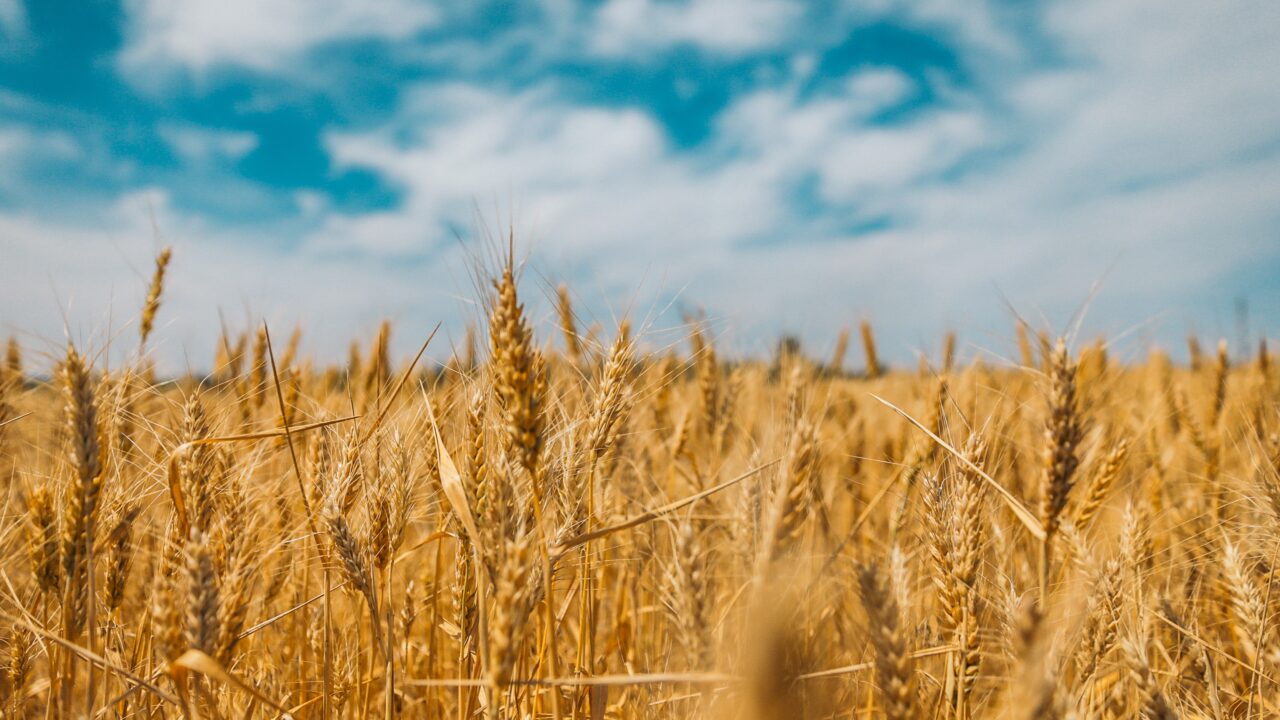 A wheat field in Ukraine. Photo: Polina Rytova via Unsplash
A wheat field in Ukraine. Photo: Polina Rytova via Unsplash
For the first anniversary of the Russia-Ukraine war, the Oakland Institute has released a report, “War and Theft: The Takeover of Ukraine’s Agricultural Land,” that examines the recent past and near future of the “breadbasket of Europe.” It begins with the little-known story of how the International Monetary Fund liberalized Ukrainian agriculture with “structural adjustment” terms tied to an $8 billion loan package. Within Ukraine, the 2021 land reforms — which, among other things, ended a 19-year moratorium on the sale of farmland — were fiercely debated, though not much discussed outside the country. Supporting the reforms were the small number of oligarchs and agribusiness concerns that together control nearly 30% of Ukraine’s agricultural land; opposing them were the small and medium-sized farmers who rightly feared increasing marginalization, despite their producing more than 50% of the country’s food, including nearly all potatoes and vegetables and three-quarters of its milk and beef.
“The creation of a land market is likely to expand the amount of agricultural land in the hands of oligarchs and large agribusiness firms,” the report states. “This was the concern of many Ukrainians fearing that, due to the country’s rampant corruption and weak rule of law, small farmers will have few avenues to assert their rights in the face of increasing competition from agribusinesses.”
Shortly after the 2021 reforms were adopted in Kyiv, the war with Russia began, making Ukraine’s already bad debt situation much, much worse. This spiraling wartime debt, the report notes, will provide enormous leverage for Western aid institutions, foreign investors and agribusiness interests to further dominate and reshape Ukrainian agriculture when the fighting ends.
According to the Oakland Institute authors, Frédéric Mousseau and Eve Devillers:
Ukraine’s crippling debt burden means that it will likely face significant pressure from its creditors, bondholders and international financial institutions… Already, international financial institutions are calling on Ukraine to further the “market-enabling agenda that was underway before the war,” including privatization, deregulation and reduced social spending. In the field of agriculture, the World Bank asserts that Ukraine’s reconstruction will require “further liberalization of the agricultural land market” and expansion of “the Crop Receipts program to attract private capital.” Everything is…in place for further concentration of land in the hands of oligarchs, foreign interests, and large agribusinesses.
This has led to a wartime resurgence in farmer protest:
In December 2022, a coalition of farmers, academics and NGOs called on the Ukrainian government to suspend the land reform law and all market transactions of land…“in order to guarantee the national security and preservation of territorial integrity of the country in wartime and post-war reconstruction period.” Ukrainians are putting their lives down to defend their land but are well aware of the corrupt forces that are threatening that very same land and the whole economy of the country, as demonstrated by the very widespread consensus against the land reform law passed in 2020.
After a long history of marginalization under previous regimes, civil society and small farmers are calling for a postwar agrarian policy centered on farmers, environmental responsibility and economic justice. They demand the establishment of a political platform for the inclusion of small farmers into the Plan for the Reconstruction of Ukraine, recognizing them as equal players in the country’s food system. They also ask for the adoption of the Law “On the Agrarian System,” recognizing peasant farms and farming households as the basis of Ukraine’s agrarian system; the creation of a national institution protecting the right of peasants, family farming and the rural environment; and the formation of state programs that establish regional networks of local agricultural markets generating short supply chains and incentivize food self-sufficiency through the production of domestic seeds.
International policy and financial support should be geared towards this transformation, to benefit people and farmers rather than allowing colonization by oligarchs and foreign financial interests.
Read and download the full report here.
Your support matters…Independent journalism is under threat and overshadowed by heavily funded mainstream media.
You can help level the playing field. Become a member.
Your tax-deductible contribution keeps us digging beneath the headlines to give you thought-provoking, investigative reporting and analysis that unearths what's really happening- without compromise.
Give today to support our courageous, independent journalists.

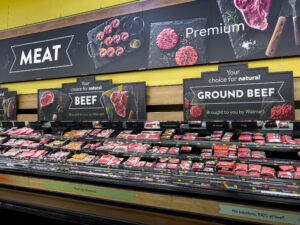
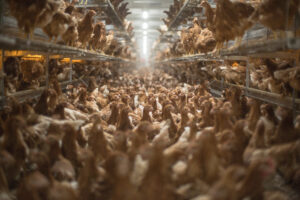
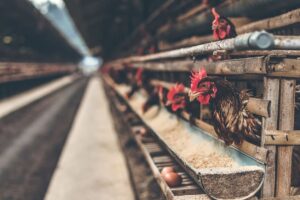

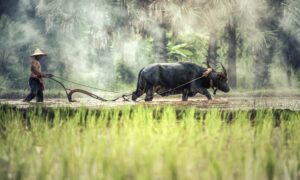



You need to be a supporter to comment.
There are currently no responses to this article.
Be the first to respond.